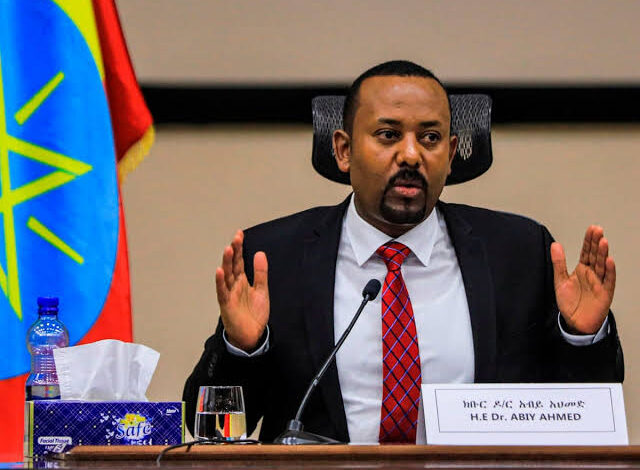
Faith Nyasuguta
The Ethiopian Prime Minister Abiy Ahmed has said his government will do everything in its power to peacefully resolve the ongoing conflict in Tigray, Ethiopia’s north.
The PM revealed this over the weekend during the opening of the 35th African Union Head of States Summit in the capital, Addis Ababa.
Noting that the last year has been strenuous for the Horn of Africa nation, the PM said “the role played by foreign actors” has made it even harder to resolve the problem.
Ahmed however missed to mention the “external actors” he was accusing of meddling in and prolonging the civil war in Tigray.
The 2019 Nobel prize winner added that as a goodwill gesture, the Ethiopian government had released high profile suspects from the opposition in an effort to create a conducive environment for a peaceful discourse.
His government has launched an inclusive national dialogue platform aiming at ending the ongoing conflict in parts of the country’s north, Ahmed added.
ENDURING PEACE
He made a reassurance on his government’s commitment to bringing lasting peace to Ethiopia.
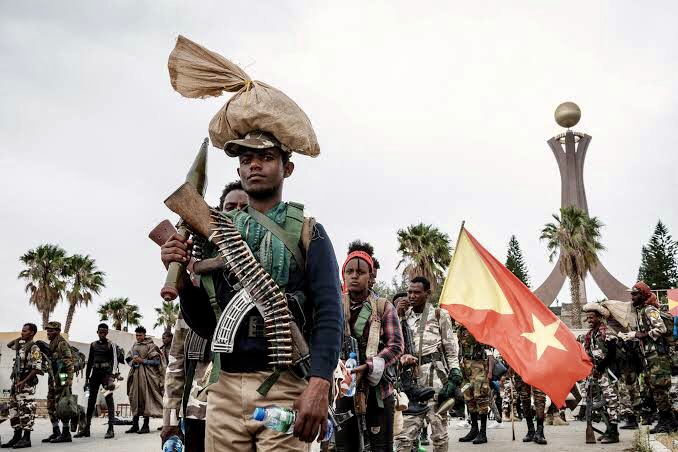
The PM, in his speech, thanked African nations for their unwavering support, solidarity and understanding during the difficult situation in his country.
“Without your support, our existence as a nation would have been at great risk” he said.
Political analysts have noted that the “leave no stone unturned” vow to achieve peace pronounced by the Ethiopian leader has a strong meaning, particularly due to the fact that the conflict in Tigray has spilled to surrounding Afar and Amhara regions.
It could also indicate that the two warring sides — the Ethiopian government and Tigrayan rebels — could be ready to sit for direct talks to end the bloody conflict which has left tens of thousands dead and hundreds of thousands displaced.
So far, there are reports of attempts of indirect talks between the Ethiopian government and Tigray People’s Liberation Front (TPLF) bosses.
In his speech, the PM added that Africa is not being properly represented at the United Nations and other multilateral international institutions.
He opined that cooperation is a matter of survival for Africans and it is time for the continent to be properly represented at the UN Security Council.
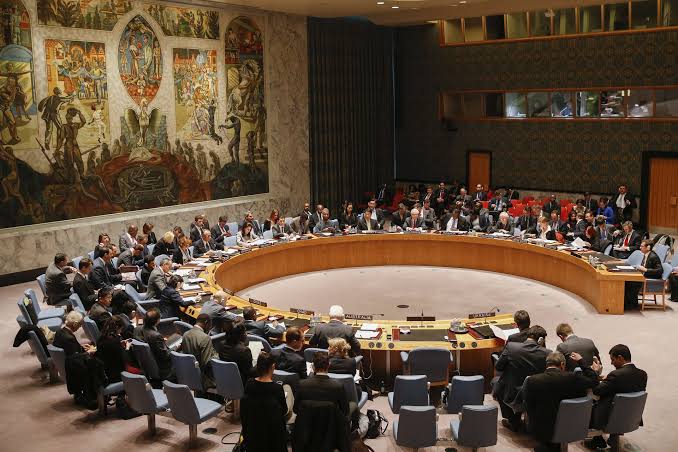
The voice of Africa should be heard at the international arena, he added, and that it is time to work on reforming the UN system and ensuring that Africa has a permanent seat in the Security Council.
“Today, more than seven decades after the creation of the United Nations, Africa remains a junior partner, without a meaningful input or role within the system of international governance,” Abiy said.
“We should collectively insist that Africa’s reasonable request for no less than two permanent seats and five non-permanent seats at the UN Security Council be adopted,” he added.


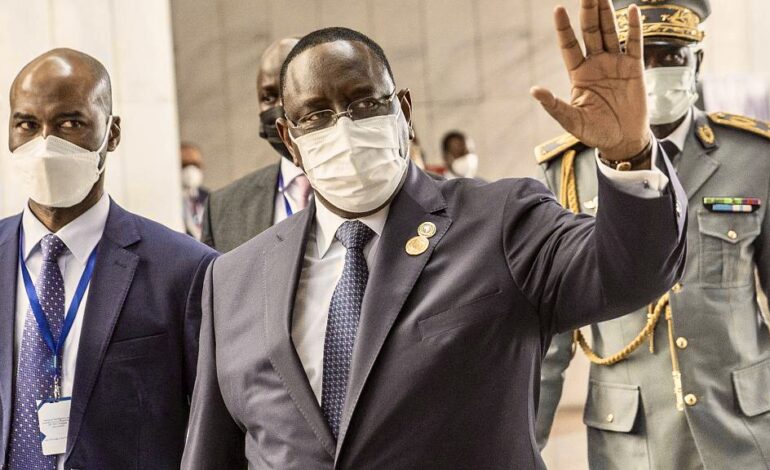
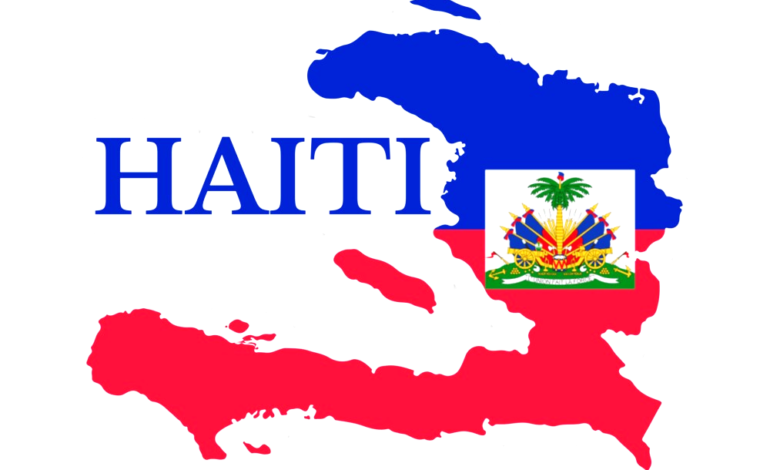

Recent Comments